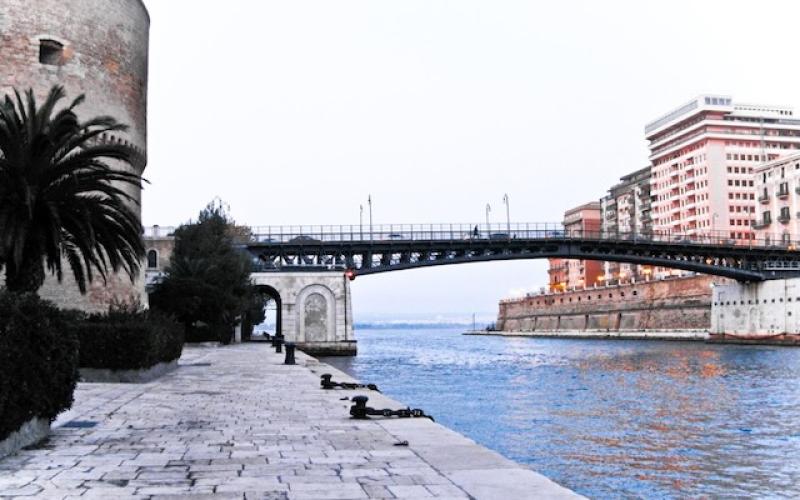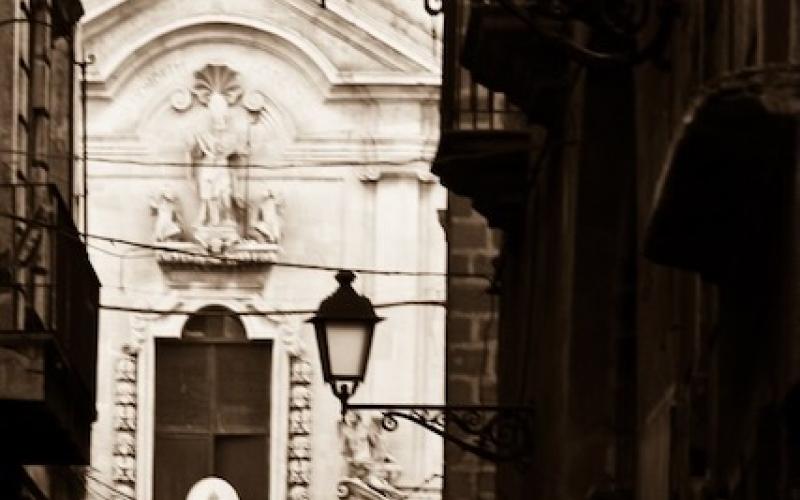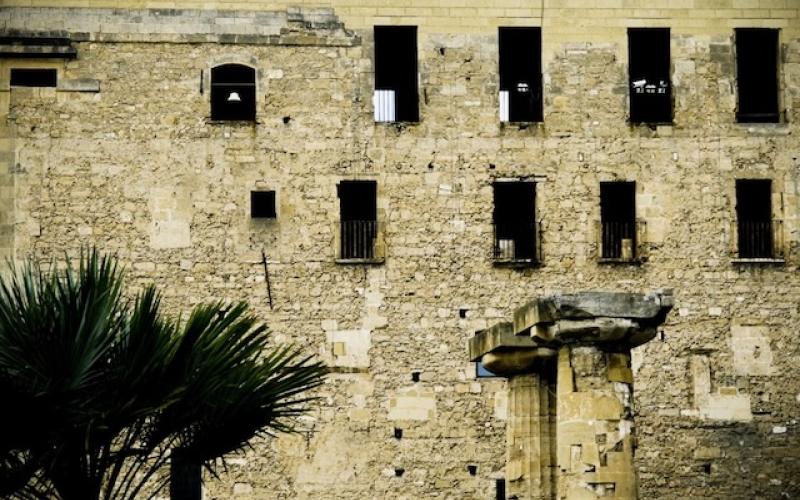Located in the heart of Puglia, Taranto is a unique city in the Italian landscape, suspended between the charm of the past and the vitality of the present. Known as the "City of the Two Seas" for its particular position between the Great Sea and the Small Sea, Taranto boasts a deep connection with the sea, which has always influenced its culture, economy, and way of life. Founded by the Spartans in the 8th century B.C., it was one of the most important colonies of Magna Graecia, a legacy that can still be felt today in the streets of the historic center and in the artifacts preserved in the prestigious National Archaeological Museum (MArTA), where the extraordinary "Gold of Taranto" shines.
The old city, nestled on an island between the two seas and connected by historic bridges — including the famous Swing Bridge — is a labyrinth of narrow alleys, decaying noble palaces, Baroque churches, and artisan workshops, where time seems to have stood still. Next to this ancient nucleus, the new city develops, with its wide avenues, 19th-century buildings, and the promenade overlooking the Great Sea, from where you can enjoy a breathtaking view at sunset.
Taranto is also a city of contrasts, where its glorious history coexists with the challenges of modernity, but proudly preserves its maritime and religious traditions, such as the evocative Holy Week, one of the most heartfelt in Italy. Strolling through its neighborhoods, you discover an authentic, genuine city that knows how to warmly welcome and tell ancient stories to those who listen. Visiting Taranto means immersing yourself in a place where every stone, every glimpse of the sea, and every scent of local cuisine tell the deep soul of the Mediterranean.



